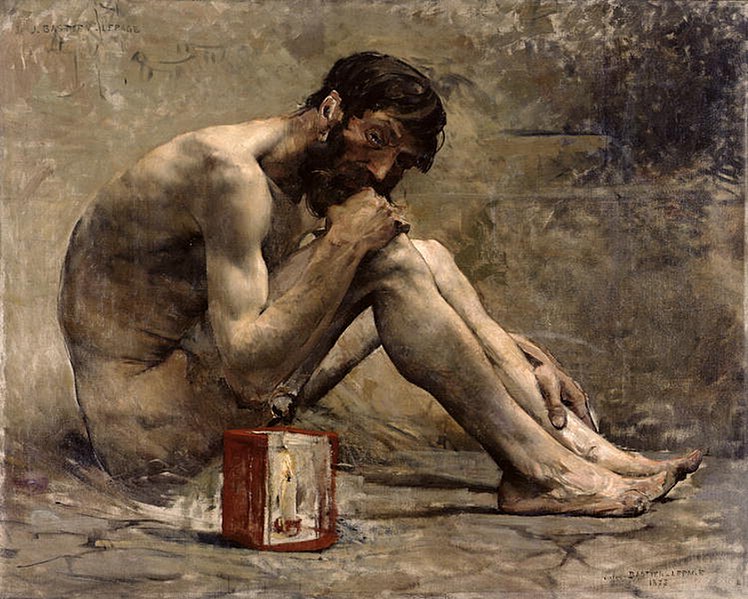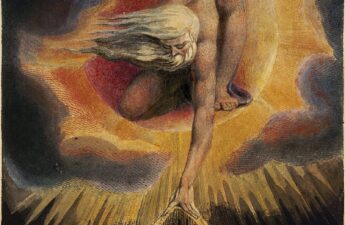“The cynic is one who never sees a good quality in a man and never fails to see a bad one. He is the human owl, vigilant in darkness and blind to light, mousing for vermin, and never seeing noble game. The cynic puts all human actions into two classes — openly bad and secretly bad.”⠀
Henry Ward Beecher, 1856, Lectures to Young Men: On Various Important Subjects, Lecture IV: Portrait Gallery⠀
We can sometimes romanticise cynicism, especially if we are inclined towards it ourselves.
Cynics after all, are willing to see things how they truly are. They see the gritty reality and can live with it. They see through people and aren’t fooled by their ill-motives. Bold and brave, the cynic accepts the world for the burning, brutish inferno that it is. They would have us believe that they are advocates for reason and realisers of truth. And all while everyone else walks around starry-eyed with childish belief, hiding in clouds of witless hope.
It’s not as though cynicism is hard to apprehend.
A very clear and convincing argument can be made for it by absolutely anyone. If one wanted to show that distrust is the correct default setting, and that hope and belief are misdirected pre-sets, it wouldn’t be hard. There are plenty of examples to prove that we exist in a world of rot and decay, with humans standing at the helm of the ghost ship. The futile nature of existence can be argued easily with help from some vague scientific recitations. What the hardened cynic fails to notice is that, more often than not, the hopeful person can see what he sees. They see the evils done, the injustices served and tragedies endured. And yet, they find some hope. It may take some courage to be able to face what is ugly head on. But how much more does it take to face it all, while still maintaining some hope to persevere with?
“What is a cynic? A man who knows the price of everything and the value of nothing.”
Oscar Wilde, Lady Windermere’s Fan, 1892, Lord Darlington, Act III.
Cynics deny themselves the chance to fulfil the potential they have to facilitate positive change.
We can see the ugly, the crumbling, the descending and stand there with our hands in our pockets, recalling the misery of the world. We can boast that we were clever enough to see it and willing to accept it. And unsurprisingly, things continue in the downward trajectory. For there to be any chance of improvement, we must first believe that things could in fact be better, and maybe even that we could have a hand in it. To believe that we have the power to improve life around us is not naive. It is reasonable and wise to realise that our attitude and behaviours affect everything around us, and how they will proceed.
To be cynical may seem to some like the ‘smart’ choice, but it is not the courageous one.
It takes real courage to have hope in the face of a hopeless situation, and maintain trust in humanity when the good is hard to find. In reality, it takes very little to throw our hands up at all that is bad and declare it so. That is easy work, compared to seeing the bad and persevering in order to make some positive change. Cynicism is a defensive coping mechanism. We attempt to pre-empt any difficulties or sufferings we may have to experience in the hope that it may hurt less. But in declaring everyone untrustworthy and everything hopeless, we are making certain that it will be so. It would be wiser to see the world, warts and all, and strive to find a place for trust, belief and hope. Creating light where it is dark.
`”The poorest way to face life is to face it with a sneer. There are many men who feel a kind of twisted pride in cynicism; there are many who confine themselves to criticism of the way others do what they themselves dare not even attempt. There is no more unhealthy being, no man less worthy of respect, than he who either really holds, or feigns to hold, an attitude of sneering disbelief toward all that is great and lofty, whether in achievement or in that noble effort which, even if it fails, comes second to achievement.”
Theodore Roosevelt, 1910, “Citizenship in a Republic”





